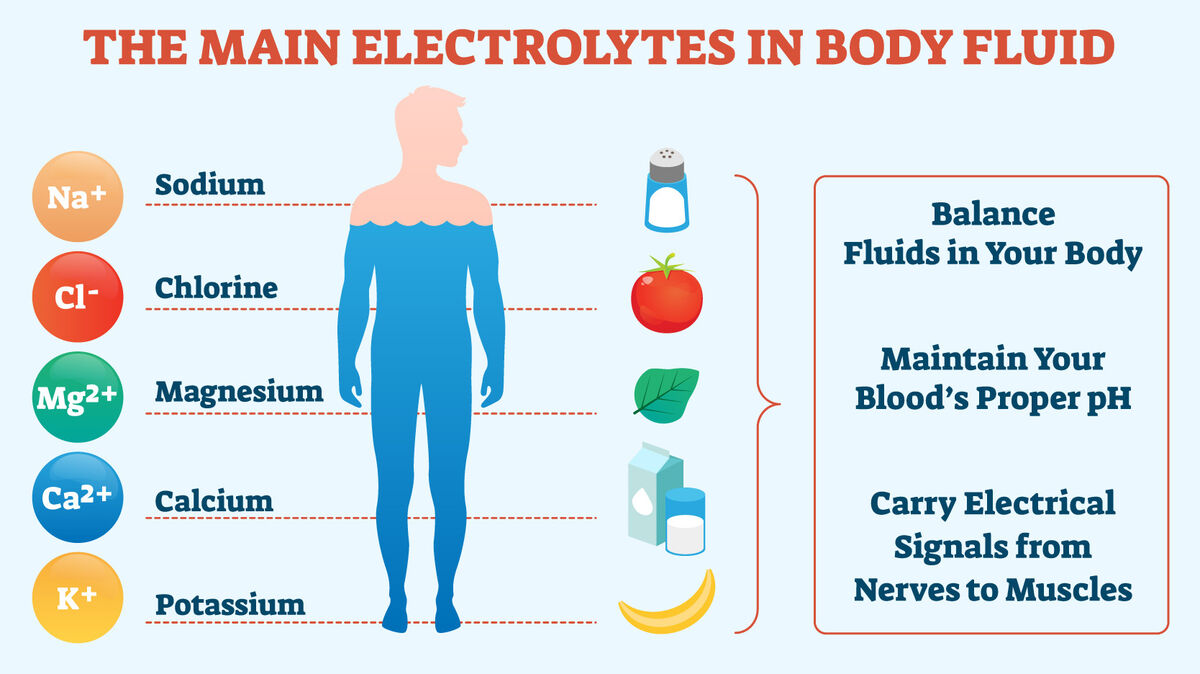Chronic activation of stress hormones can lead to:
Select all that apply:
Depression
Impaired cognitive function
Autoimmune disease
Overactive immune function
Cardiovascular disease
Correct Answer : A,B,C,E
Choice A Reason:
Chronic stress can significantly impact mental health, leading to conditions such as depression. The persistent activation of the stress response system, particularly the release of cortisol, can alter brain function and structure, contributing to mood disorders. Studies have shown that prolonged exposure to stress hormones can lead to changes in the brain that are associated with depression.
Choice B Reason:
Impaired cognitive function is another consequence of chronic stress. Elevated levels of cortisol over an extended period can damage the hippocampus, a region of the brain involved in memory and learning. This can result in difficulties with concentration, memory, and decision-making. Chronic stress has been linked to cognitive decline and an increased risk of neurodegenerative diseases.
Choice C Reason:
Chronic stress can also affect the immune system, leading to autoimmune diseases. The continuous activation of the stress response can cause immune dysregulation, where the body’s immune system mistakenly attacks its own tissues. This can result in conditions such as rheumatoid arthritis, lupus, and other autoimmune disorders.
Choice D Reason:
Overactive immune function is not typically associated with chronic stress. Instead, chronic stress often leads to a weakened immune response, making the body more susceptible to infections and illnesses. Therefore, this choice is incorrect.
Choice E Reason:
Cardiovascular disease is a well-documented consequence of chronic stress. The persistent release of stress hormones like adrenaline and cortisol can lead to increased blood pressure, heart rate, and the formation of artery-clogging deposits. These changes can increase the risk of heart disease, heart attacks, and strokes.
Nursing Test Bank
Naxlex Comprehensive Predictor Exams
Related Questions
Correct Answer is D
Explanation
Choice A: Minimal Effect on Vessels
A reduction in blood pH, which indicates acidosis, does not have a minimal effect on blood vessels. Acidosis can significantly impact vascular tone and function. Therefore, this choice is incorrect as it underestimates the physiological changes that occur in response to a decrease in pH.
Choice B: No Effect on Vessels
Similarly, stating that a reduction in blood pH has no effect on vessels is inaccurate. Blood pH is tightly regulated, and deviations from the normal range (7.35-7.45) can lead to significant physiological responses. Acidosis can alter vascular tone, making this choice incorrect.
Choice C: Vasodilation
While vasodilation can occur in response to certain conditions, a reduction in blood pH typically leads to vasoconstriction rather than vasodilation. Vasodilation is more commonly associated with an increase in blood pH (alkalosis) or other factors such as increased levels of nitric oxide or prostaglandins.
Choice D: Vasoconstriction
When the pH of blood reduces, indicating acidosis, it often leads to vasoconstriction. This response is mediated by chemoreceptors that detect changes in pH and stimulate the vasomotor center to increase vascular tone. Vasoconstriction helps to maintain blood pressure and ensure adequate perfusion of vital organs during acidosis. Therefore, this is the correct answer.

Correct Answer is D
Explanation
Choice A: Calcium
Calcium plays a crucial role in various physiological processes, including muscle contraction, blood clotting, and nerve transmission. While calcium is essential for maintaining overall health, it is not directly associated with changes in blood pH. Calcium levels are tightly regulated by hormones such as parathyroid hormone (PTH) and calcitonin, but these do not significantly influence blood pH.
Choice B: Sodium
Sodium is a major extracellular electrolyte that helps regulate fluid balance, nerve function, and muscle contraction. Although sodium is vital for maintaining osmotic balance and blood pressure, it does not directly affect blood pH. Sodium levels are primarily controlled by the kidneys and hormones like aldosterone, which do not have a direct impact on the acid-base balance of the blood.
Choice C: Magnesium
Magnesium is involved in over 300 biochemical reactions in the body, including protein synthesis, muscle and nerve function, and blood glucose control. While magnesium is important for overall health, it does not have a direct role in altering blood pH. Magnesium levels are regulated by the kidneys and are essential for maintaining normal muscle and nerve function, but they do not directly influence the acid-base balance.
Choice D: Potassium
Potassium is a key intracellular electrolyte that plays a significant role in maintaining the acid-base balance of the blood. Changes in potassium levels can affect the pH of the blood. For example, hyperkalemia (high potassium levels) can lead to acidosis, while hypokalemia (low potassium levels) can lead to alkalosis. Potassium helps regulate the hydrogen ion concentration in the blood, which directly impacts the pH. Therefore, potassium is the electrolyte most closely associated with changes in blood pH.

Whether you are a student looking to ace your exams or a practicing nurse seeking to enhance your expertise , our nursing education contents will empower you with the confidence and competence to make a difference in the lives of patients and become a respected leader in the healthcare field.
Visit Naxlex, invest in your future and unlock endless possibilities with our unparalleled nursing education contents today
Report Wrong Answer on the Current Question
Do you disagree with the answer? If yes, what is your expected answer? Explain.
Kindly be descriptive with the issue you are facing.
